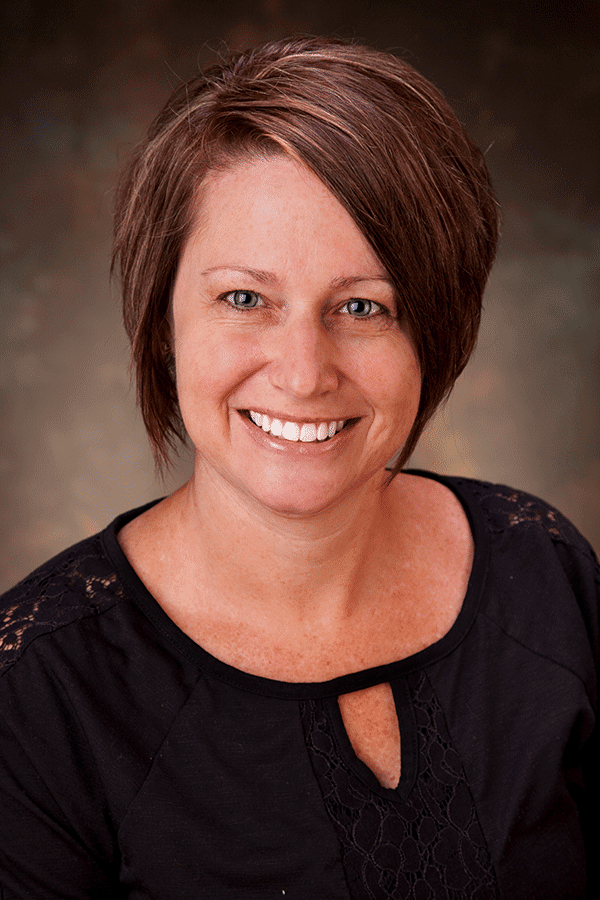If you’ve been diagnosed with cancer, it’s natural to have many questions and emotions. A cancer diagnosis can feel chaotic and overwhelming. But a few basic steps can help you find your way.
Nearly any time you’re feeling overwhelmed, the best thing you can do is break what’s in front of you into bite-size pieces. That’s definitely the case after a cancer diagnosis.
Trying to “take it all in” after you’ve been diagnosed with cancer can quickly leave you stressed and anxious. And that’s the last thing you need.
Instead, start with some basics. These steps will point you in the right direction—and we’re here to walk with you, every step of the way.
1. Get Info From Your Doctor, Not Dr. Google
If you’ve been told you have cancer, you’ll want to learn everything you can about your diagnosis, including the type of cancer you have, the stage of cancer you have, and how it’s treated.
These days, most of us are quick to turn to Google or another search engine when we have questions about our health. But that’s really not a good idea. While the internet contains many helpful resources from reputable sources, it also contains a lot of information that’s simply not accurate or is misleading.
Your medical providers will be your best source of information during this time. They can help you understand the facts about your diagnosis, including your next steps, and they can also point you toward legitimate resources for medical information.
2. Let Yourself Feel All the Emotions
Don’t be ashamed or embarrassed by anything you’re feeling during this time. Every reaction to a cancer diagnosis is normal.
You will likely find yourself moving from one extreme to another in the days following a diagnosis as your mind processes what you’ve learned. Let yourself feel, and don’t feel as if you need to suppress your emotions.
There’s no need to bottle those emotions up inside, either. If you’re comfortable, you can share what you’re feeling with family members or other loved ones. You may find it beneficial to talk with a therapist or counselor. Or you may find it more comforting to write out your feelings in a journal or express them through music or art.
3. Lean in to Support From Others
While many people turn to those they love after receiving a cancer diagnosis, others draw back from relationships. But staying engaged with those around you will be helpful as you go through treatment for cancer.
Friends, family members, and even acquaintances can provide you with essential support during this time. Regularly talking to or spending time with loved ones can provide much-needed social interaction, allowing you a sounding board to share your frustrations or to gather opinions.
Your support system can also provide you with more tangible assistance. When others offer to help with anything from making a grocery run to cleaning your home, don’t hesitate to take them up on the offer, if it would be helpful. If others are off the mark with the help they’re offering, you can also suggest specific ways you need help.
4. Take Good Care of Yourself
Whether you’d been experiencing symptoms related to cancer prior to your diagnosis or not, you may experience side effects of treatment such as chemotherapy or radiation.
Taking care of your body while you have cancer can feel difficult, but it’s important. While your care team can help you navigate the effects of treatment through medications and even physical therapy, you’ll also want to do your best to take good care of your whole self—mind, body, and soul.
If you’re feeling up to it, move your body regularly with workouts or even a simple walk. Fuel your body with foods that are good for you and that also taste good to you. Focus on getting plenty of quality sleep and resting when you need to.
And take care of yourself mentally, too, by practicing good self-care. Sneak little bits of joy into each day, like watching a movie or eating a favorite meal.
5. Focus on the Things You Can Control
When you are diagnosed with cancer, there are many things beyond your control. You didn’t choose the cancer diagnosis, and you can’t force your body to respond well to treatment.
But there are some things you do control. While you can’t totally control how your body reacts to treatment, you can control how you care for your body. Continuing to care for your body and mind in the ways outlined above can help you stay as physically and mentally healthy as possible.
Ultimately, you are also in control of your cancer journey, and you should feel empowered to work alongside your medical team to determine which type of treatment will work best for you. We are here to support you and the decisions you make.
Learn More
Recently diagnosed with cancer? Northeast Georgia Medical Center offers a robust Cancer Services program, treating more than 3,000 new cancer patients each year. Connect with our Patient Navigation team or learn more about our Cancer Services Program.



